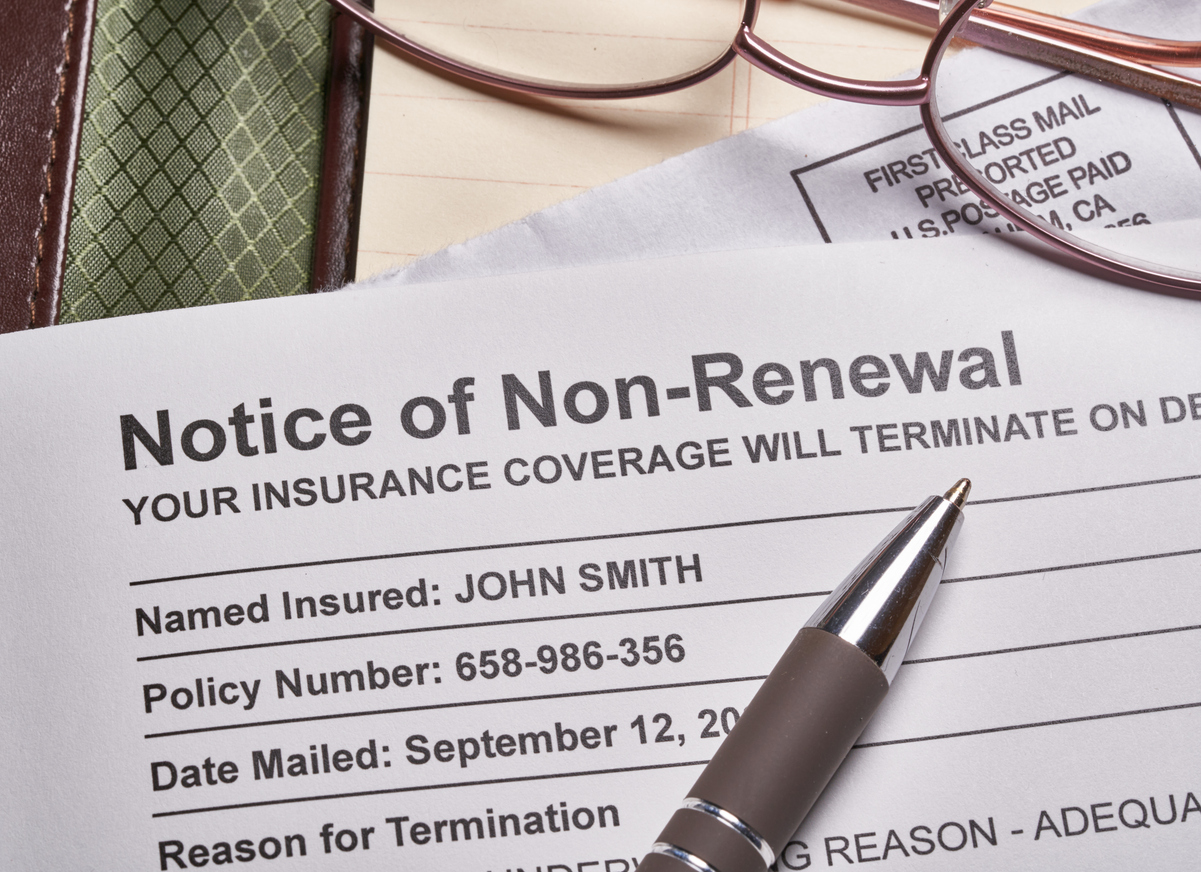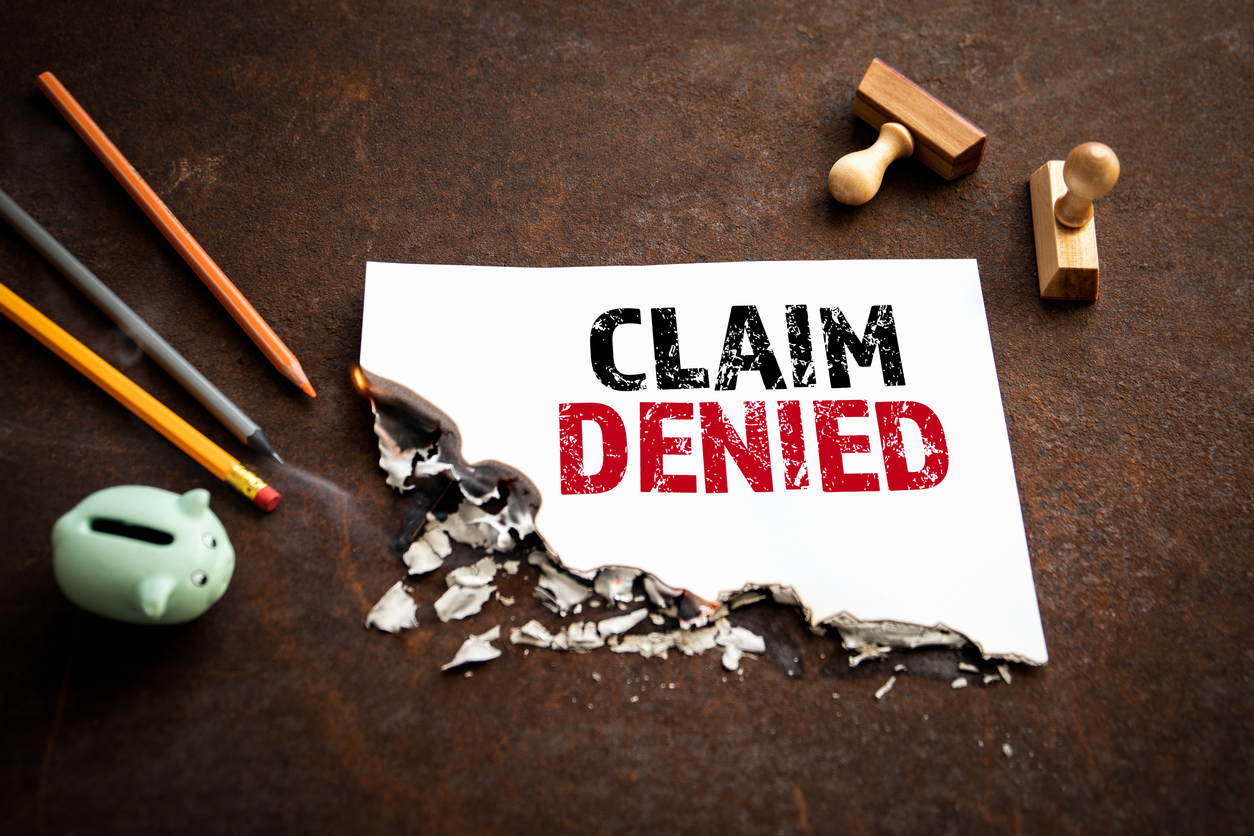In California, a carrier’s bad faith liability includes conduct beyond what is set out in the Insurance Code (statutory) and the Fair Claims Settlement Practices Act regulations. Bad faith conduct is also expressed through case law. Some of this additional bad faith conduct is summarized below. Effectively communicating an insurer’s bad faith conduct is essential to resolving insurance disputes. When you see bad faith conduct, a best practice is to bring the conduct to the carrier’s attention and explain why such conduct is prohibited.
A summary of some bad faith conduct expressed through case law is as follows:
- An insurance carrier cannot in good faith deny a claim without performing a thorough investigation. Egan v. Mutual of Omaha Ins. Co. (1979) 24 Cal.3d 809, 819; Wilson v. 21st Century Ins. Co. (2007) 42 Cal.4th 713, 721; Jordan v. Allstate Ins. Co. (2007) 148 Cal.App.4th 1062, 1072. An insurer’s duty to investigate continues even after a lawsuit concerning coverage is filed. Jordan v. Allstate Ins. Co. (2007) 148 Cal.App.4th 1062, 1076, f.n. 7.
- An insurer has duty to objectively evaluate a claim. An insurance company may not ignore evidence which supports coverage. If it does so, it acts unreasonably towards its insured. Mariscal v. Old Republic Life Ins. Co. (1996) 42 Cal.App.4th 1617, 1624. This is especially true if an insurer denies a claim before its insured was given a change to provide information to support a claim. Blake v. Aetna Life Ins. Co. (1979) 99 Cal.App.3d 901, 924.
- An insurer’s failure to reconsider a denied claim after it receives new information can also be bad faith conduct. Austero v. National Cas. Co. of Detroit, Mich. (1978) 84 Cal.App.3d 1, 35.
- It is improper for an insurer to attempt to settle a claim by making an “unreasonably low,” e.g., a “low-ball” or “nuisance value” settlement offer. White v. Western Title Ins. Co. (1985) 40 Cal.3d 870, 886.
- An unreasonable delay in the processing of a claim or the payment of benefits is prohibited insurer conduct. Fleming v. Safeco Ins. Co. of America, Inc. (1984) 160 Cal.App.3d 31, 37. If more than two weeks have passed, always inform an insurer of this requirement.
Avoid broadly accusing a carrier of “bad faith” with no other support or directly accusing a carrier of bad faith because of a certain act. Rather, focus on the specific bad faith acts and the authority stating that the conduct is prohibited. For example, resist the urge to state, “You are in bad faith because you have not conducted a thorough investigation.” Rather, try and state the following: “You have an obligation not to deny any portion of a claim without performing a thorough investigation.1 You, however, failed to fulfil this obligation because you knew your insured was obtaining an expert report on the scope of covered damage, yet you denied further coverage before the report was received. The claim therefore should be reopened and the claim further evaluated for coverage”
As always, knowing and monitoring all of these duties will enhance your representation of insureds and build your credibility with carriers.
_________________________
1 Egan v. Mutual of Omaha Ins. Co. (1979) 24 Cal.3d 809, 819.



